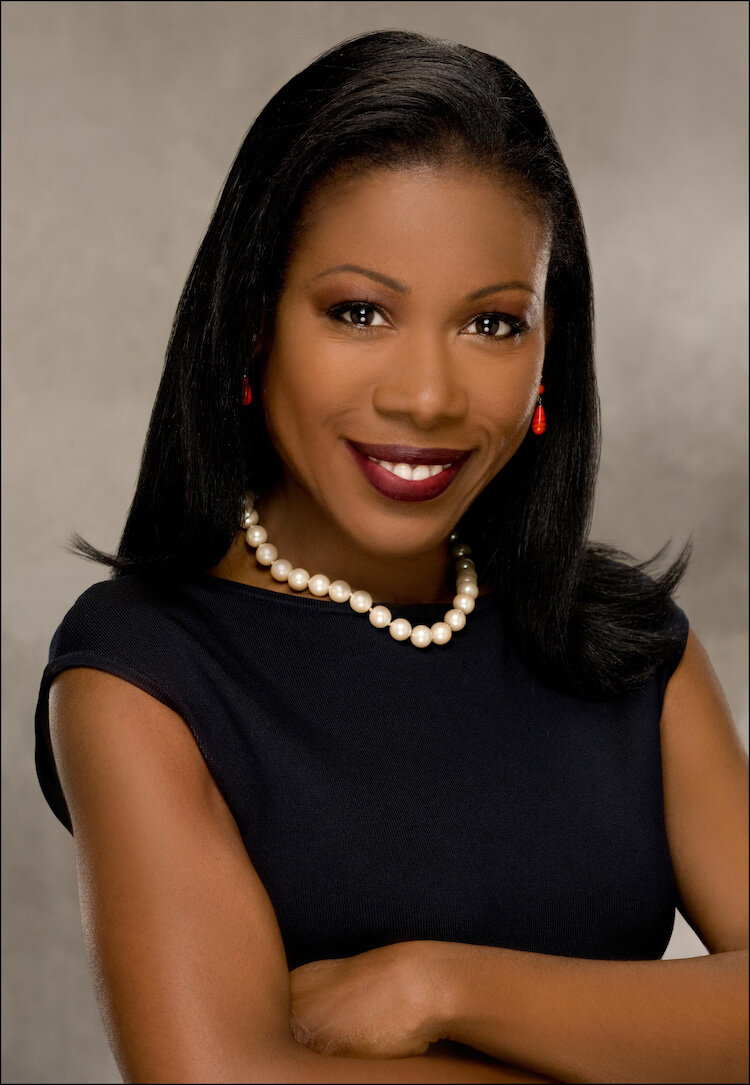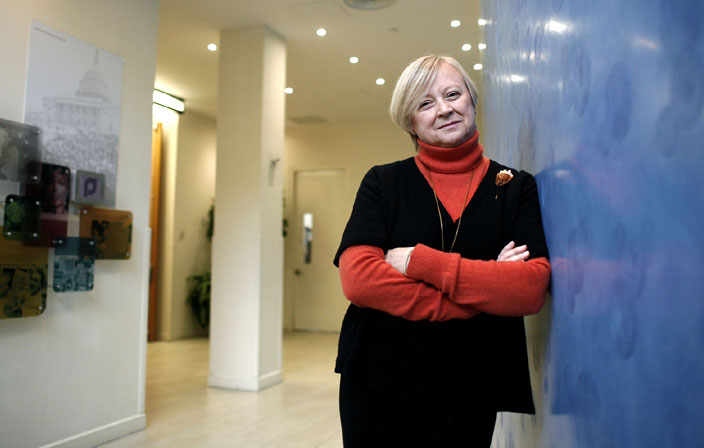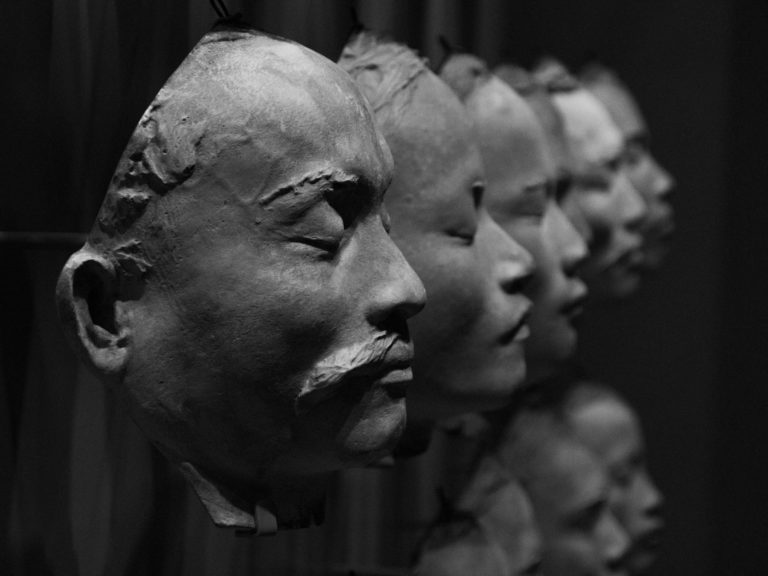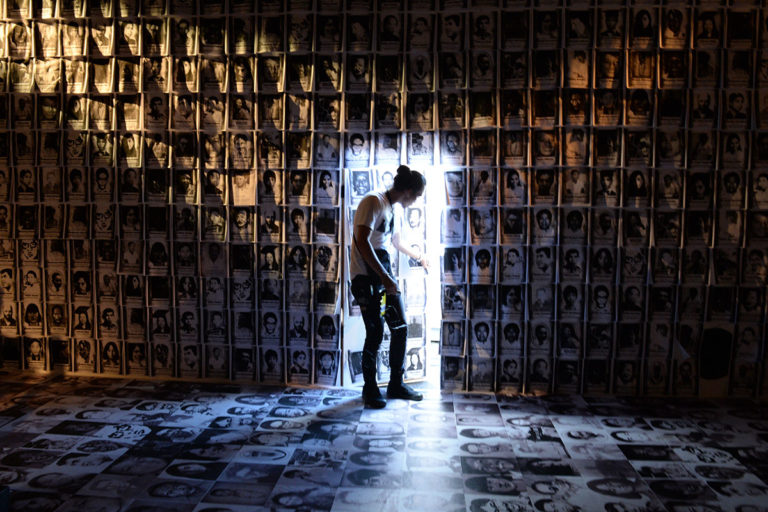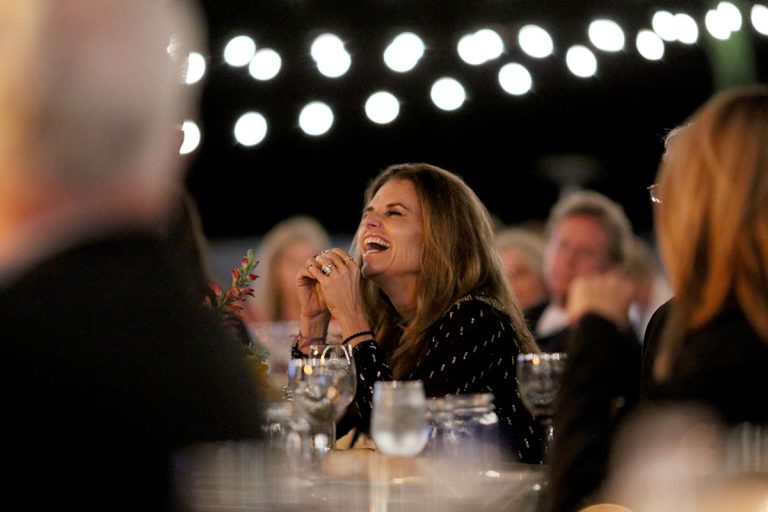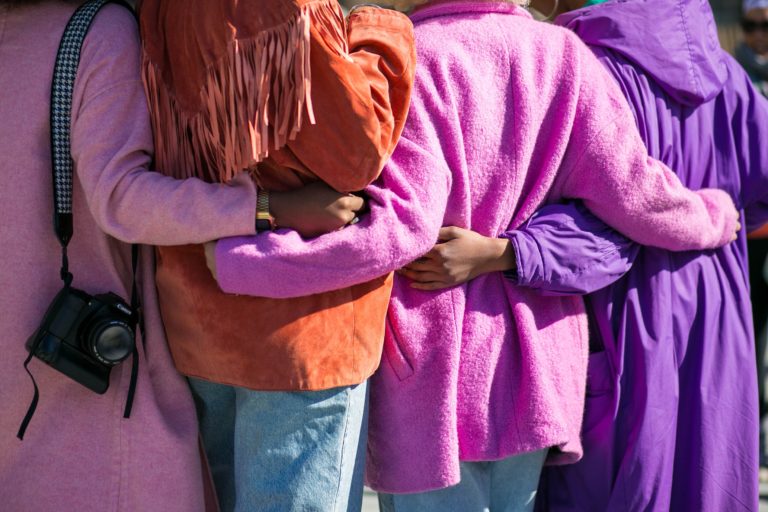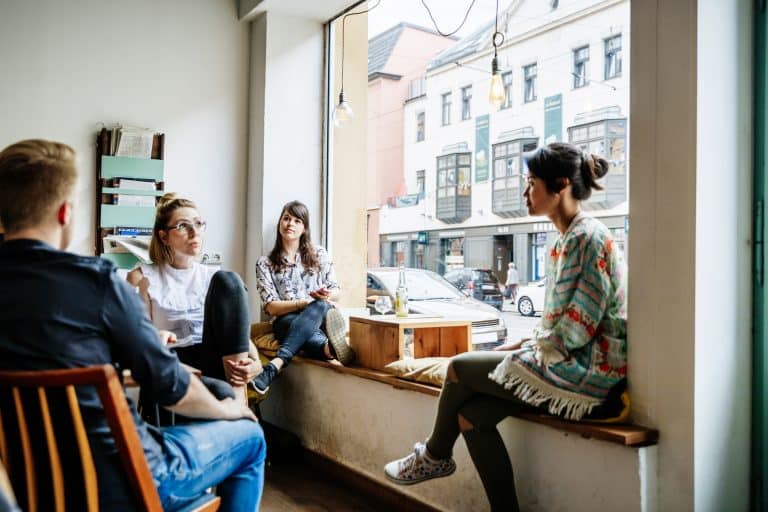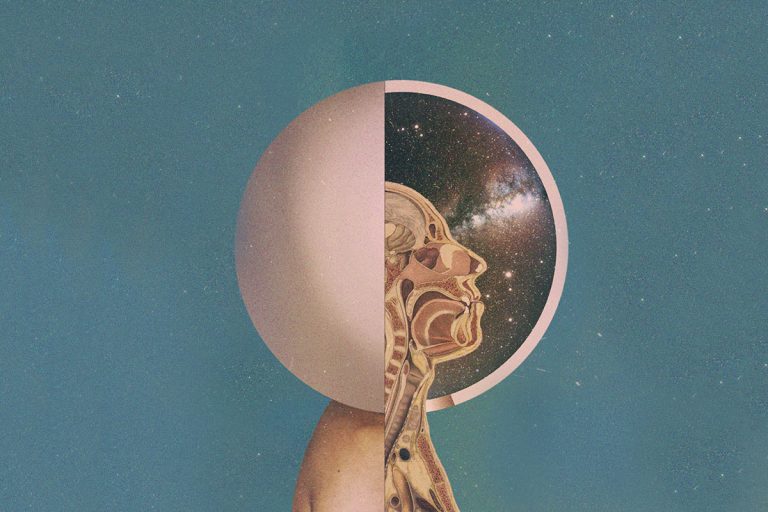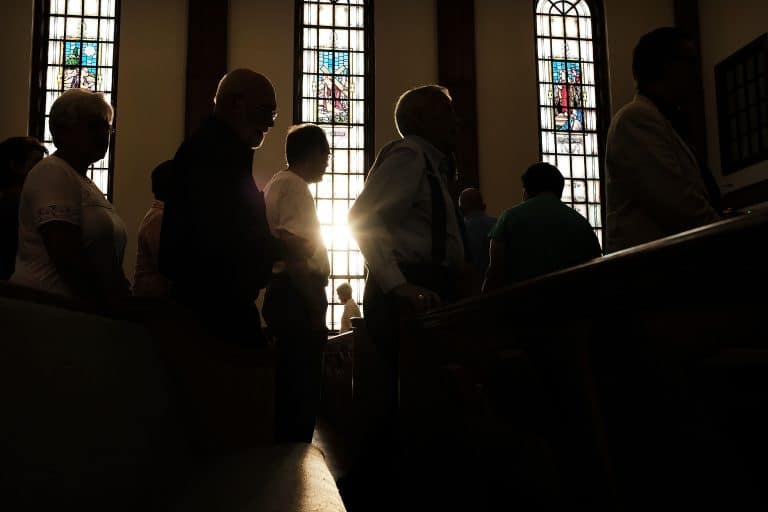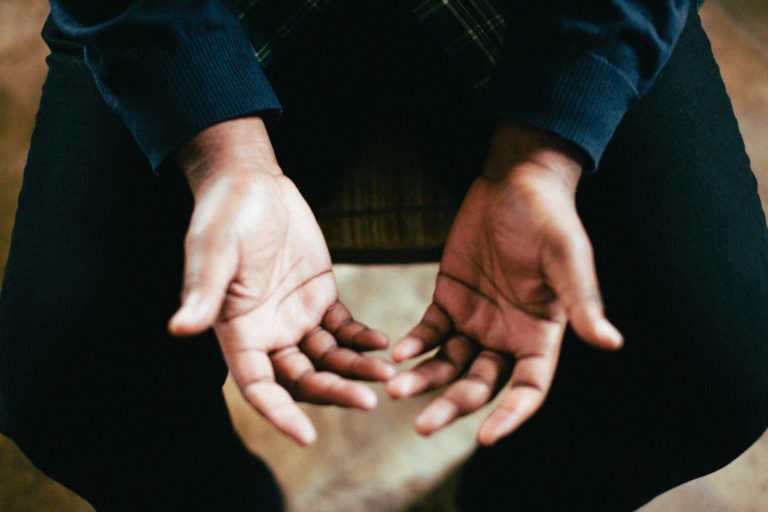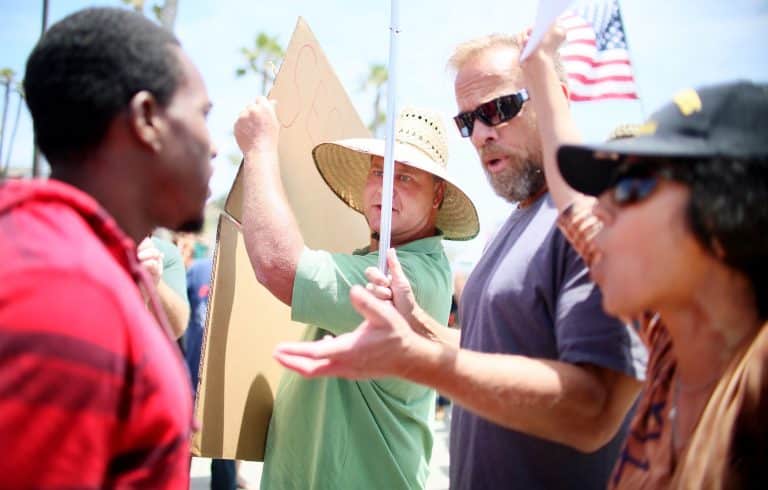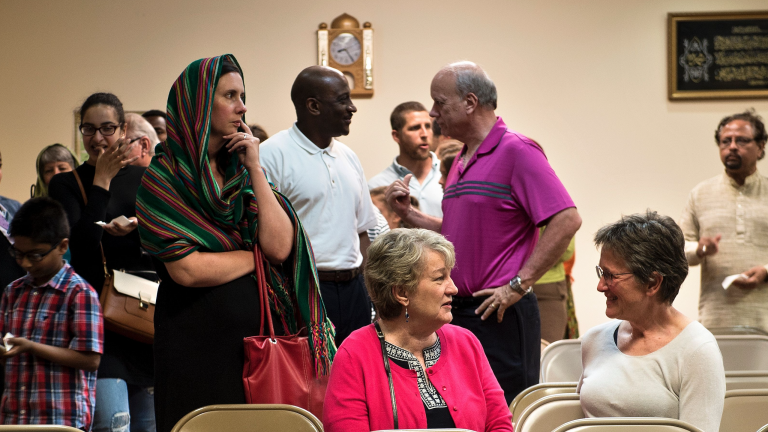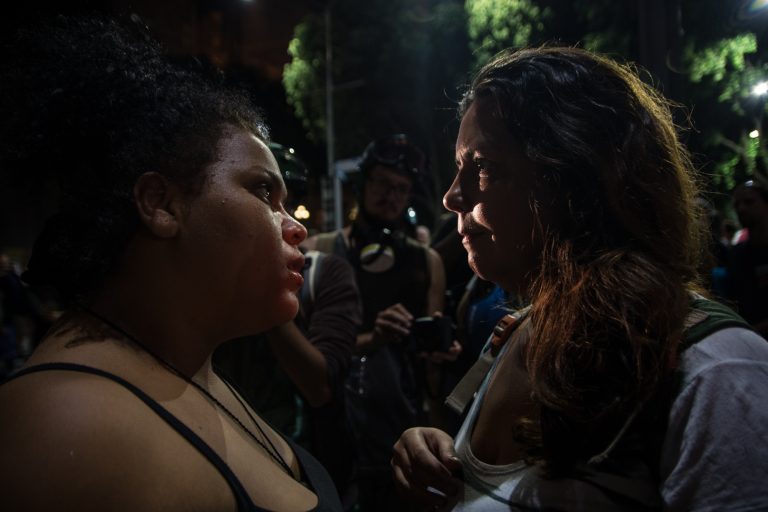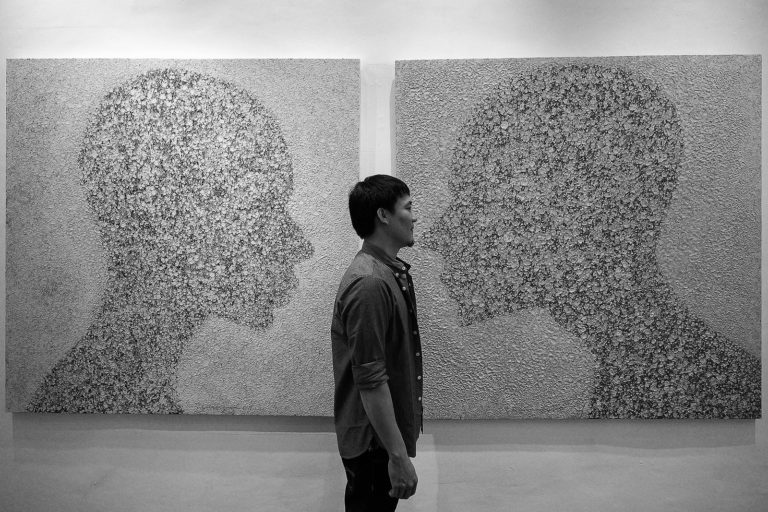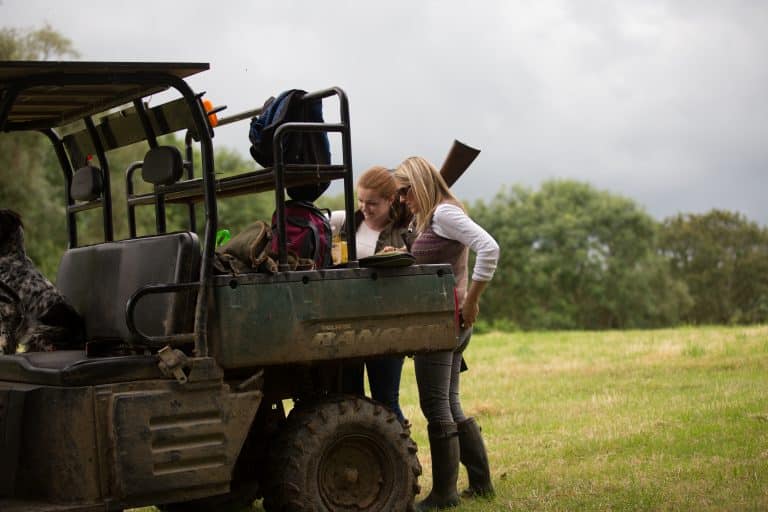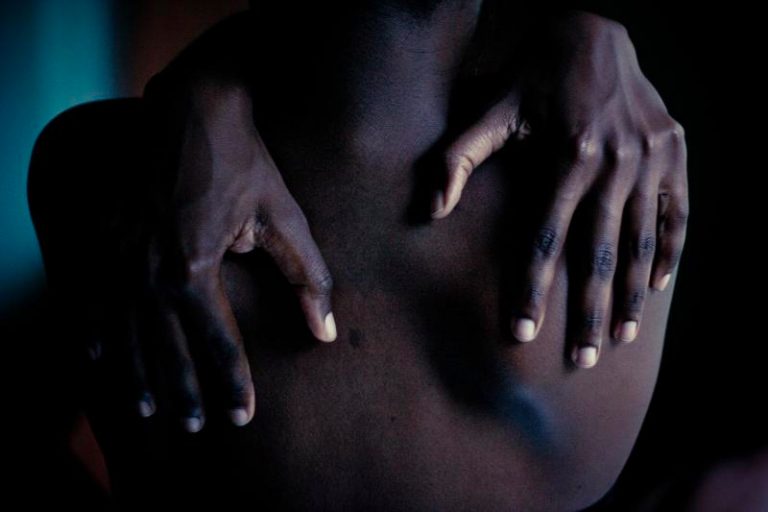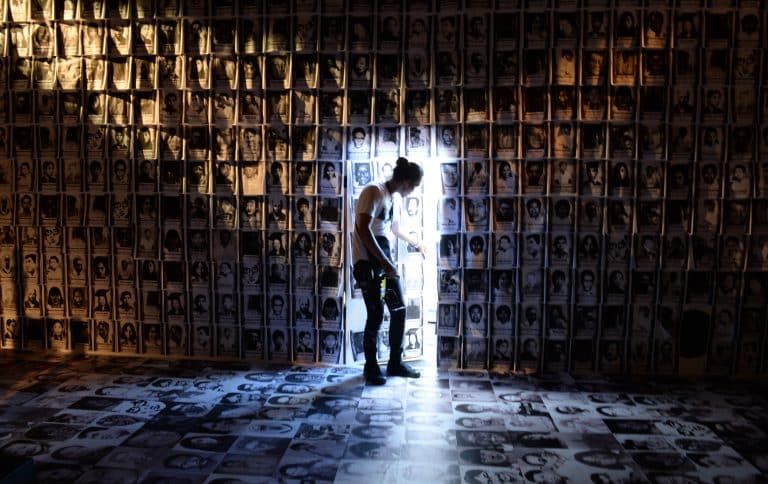March 9, 2023
Isabel Wilkerson
“We all know in our bones that things are harder than they have to be.”
In this rich, expansive, and warm conversation between friends, Krista draws out the heart for humanity behind Isabel Wilkerson’s eye on histories we are only now communally learning to tell — her devotion to understanding not merely who we have been, but who we can be. Her most recent offering of fresh insight to our life together brings “caste” into the light — a recurrent, instinctive pattern of human societies across the centuries, though far more malignant in some times and places. Caste is a ranking of human value that works more like a pathogen than a belief system — more like the reflexive grammar of our sentences than our choices of words. In the American context, Isabel Wilkerson says race is the skin, but “caste is the bones.” And this shift away from centering race as a focus of analysis actually helps us understand why race and racism continue to shape-shift and regenerate, every best intention and effort and law notwithstanding. But beginning to see caste also gives us fresh eyes and hearts for imagining where to begin, and how to persist, in order finally to shift that.
Isabel and Krista spoke in Seattle before a packed house at Benaroya Hall, at the invitation of Seattle Arts & Lectures.
[Content Advisory: Beginning at 21:16, there is a discussion of Nazi terminology and a quotation from Hitler with an epithet that is offensive and painful. We chose to include this language to illustrate the heinous nature of the history being discussed and Hitler’s admiration for it.]
